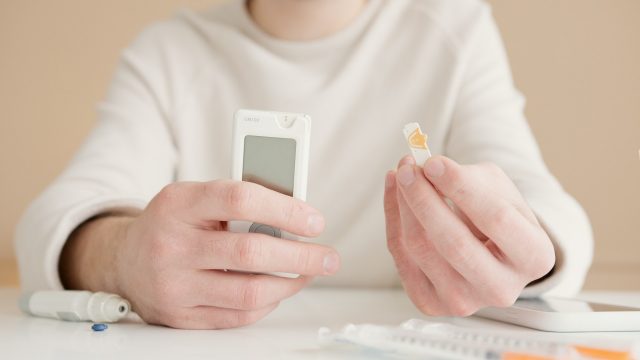Nearly 35 million Americans have been diagnosed with some form of diabetes. Most of these patients receive some form of care from a general practitioner, but managing diabetes should be about more than just prescribing drugs. Taking a holistic approach to treating diabetes can improve a patient’s prognosis and quality of life at the same time as it reduces the risks of experiencing complications from the disease.
What Is Holistic Treatment?
Holistic care refers to an approach that integrates a patient’s mind, body, and spirit instead of focusing exclusively on one particular diagnosis. Unlike the options offered by traditional medicine, holistic care providers view patients as a whole and strive to improve their overall lives instead of treating only their diabetes symptoms.
Dietary Changes
Diet plays a huge role in diabetes management, as it directly affects a patient’s blood sugar. Diabetic patients need to keep their blood sugar under control. In traditional medicine, doctors track a patient’s Glycemic Index (GI), whereas, in holistic practices, doctors help patients improve their diet by following protocols that align with the Glycemic Load (GL).
The GL is a better tool than the GI for keeping track of blood sugar levels because it indicates how fast food turns into glucose, not how much it contains to begin with. There are a lot of foods that have a high GI but a low GL, and vice versa. Learning to incorporate foods with a lot of fiber, fat, and protein that negates the sharp rise in blood sugar associated with high GI foods can improve patients’ health while simultaneously opening up different dietary options.
Food Sensitivities
Another thing most traditional practitioners ignore or get wrong is food allergies or sensitivities. People with Type 1 diabetes, in particular, often have food allergies to gluten or dairy. Their allergies may not produce noticeable symptoms, but testing shows that they experience widespread inflammation after consuming these foods.
Most traditional doctors do not test for hidden food allergies and sensitivities in diabetic patients. As a result, they may not even realize patients are consuming foods that contribute to inflammation. Removing hidden allergens from a patient’s diet can make controlling diabetes and supporting a better quality of life easier.
The Role of Exercise
Exercise is as important as diet when it comes to controlling diabetes. The more physical activity a person gets, the better his or her body will respond to insulin. Regular exercise also contributes to:
- Improved muscle strength
- Weight loss
- Lower blood glucose levels
- Higher energy levels
- Reduced stress
- Normal cholesterol level maintenance
- Lower blood pressure
- Lower risk of heart disease
It’s best to incorporate a mixture of aerobic activities and strength-building exercises. Start slow with simple activities such as 15-minute, daily walks, then scale up from there. A holistic doctor can help diabetic patients evaluate their current activity levels and find an exercise plan that will work for them.
Get Help Now
Patients who feel like traditional doctors haven’t been doing enough to help with managing or reversing Type 1 or 2 diabetes have another option. They can seek holistic diabetes treatment from a reputable practitioner. Browse the website to learn more or get in touch to schedule a consultation today.










